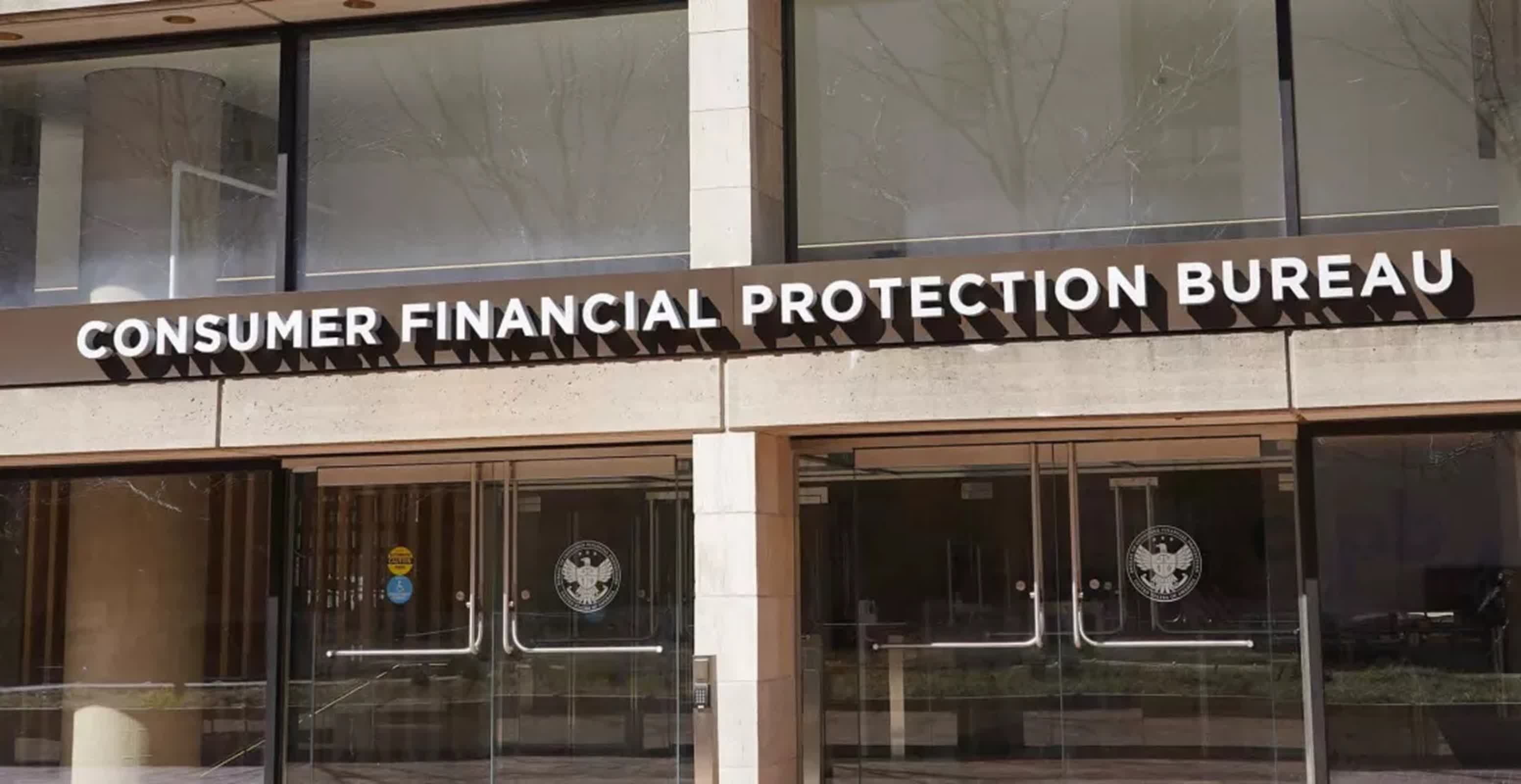Zelle and major banks face $870 million lawsuit over alleged fraud losses

Serving tech enthusiasts for over 25 years.
TechSpot means tech analysis and advice you can trust.
In a nutshell: Venmo rival Zelle has become popular with fraudsters. To make matters worse, the company and participating banks allegedly do little to protect users. A consumer protection group has filed a lawsuit that, depending on the outcome, could have far-reaching implications for the digital payments industry.
The Consumer Financial Protection Bureau (CFPB) has filed a lawsuit against the peer-to-peer payment network Zelle and three US banks that conduct or facilitate transactions on the platform. The suit alleges that the defendants failed to investigate fraud complaints and provide proper reimbursement to victims.
The CFPB claims that customers of JPMorgan Chase, Bank of America, and Wells Fargo have suffered losses exceeding $870 million since Zelle’s inception in 2017. Zelle’s operator, Early Warning Services (EWS), contests the total damages, arguing that it includes cases that were not found to involve actual fraud after investigation.
“The nation’s largest banks felt threatened by competing payment apps, so they rushed to put out Zelle,” CFPB Director Rohit Chopra criticized. “By their failing to put in place proper safeguards, Zelle became a gold mine for fraudsters, while often leaving victims to fend for themselves.”
The lawsuit claims that the banks and Zelle rushed to market without implementing adequate user protections against what the CFPB describes as “widespread” fraud. The regulatory agency alleges that hundreds of thousands of customers filed fraud complaints but were denied assistance, with some even being advised to contact the fraudsters directly to recover their funds.

Zelle has over 143 million American users and processes billions of dollars in transactions annually. It denies the CFPB’s accusations. Company spokeswoman Jane Khodos defended Zelle’s anti-fraud efforts, asserting its leadership is actively combating scams and noting that its reimbursement policies exceed legal requirements. She also criticized the CFPB’s stance, arguing that it would inadvertently benefit criminals, increase consumer costs, hinder small businesses, and impede competition for numerous community banks and credit unions.
The lawsuit has sparked a heated debate about the responsibilities of financial institutions in the digital age. While the CFPB argues that banks have been slow to address vulnerabilities in their systems, the institutions listed in the lawsuit maintain that they actively work to prevent fraud. JPMorgan Chase, for instance, claims it stops nearly $20 billion in fraud attempts each year, with 99.95% of its transactions completed without dispute.
This legal action comes in the wake of increasing scrutiny from lawmakers and consumer advocates regarding the security of peer-to-peer payment platforms.
In the summer of 2023, EWS, responding to mounting pressure from lawmakers, initiated a new policy to reimburse victims of certain types of fraud, particularly those involving imposter scams. This change marked a notable shift in approach, as previously, banks had been reluctant to compensate customers tricked into authorizing payments to scammers.
Early Warning Services enacted the new policy at the end of June. It focuses on what EWS termed “qualifying imposter scams.” These typically involved fraudsters posing as legitimate entities such as government agencies, financial institutions, or service providers to deceive users into sending money. However, EWS has been vague about its details, declining to publicly disclose the total amount it planned to refund or provide a detailed timeline for these reimbursements.


